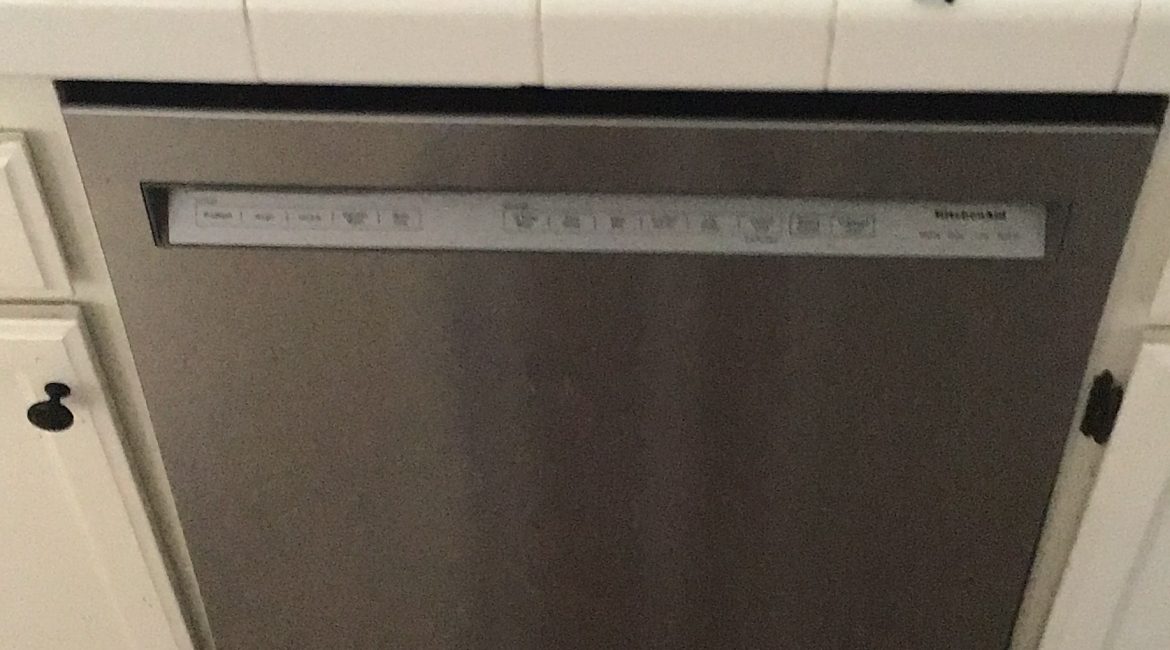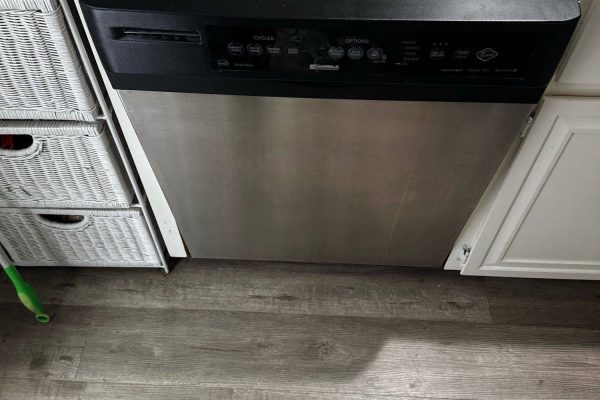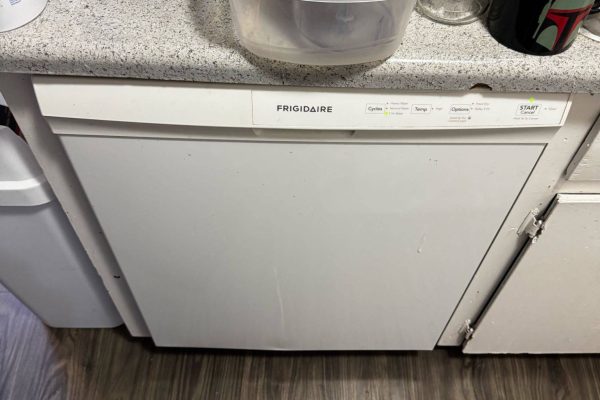A dishwasher that fails to complete its cycle can be frustrating, especially when it stops mid-way and leaves dishes dirty or covered in soap residue. This problem not only disrupts your daily routine but also signals that something inside your appliance isn’t working as it should. Two common culprits behind this issue are a malfunctioning control board or a faulty temperature sensor. Understanding how these components work—and how they fail—can help you identify the problem and take the right steps toward repair.
The Role of the Control Board
The control board is essentially the “brain” of your dishwasher. It manages and coordinates every stage of the washing cycle, from filling and heating the water to rinsing and drying. When the control board malfunctions, it may fail to send the proper signals to the other components, causing the dishwasher to stop mid-cycle.
Common symptoms of a faulty control board include:
- Dishwasher suddenly stopping during a cycle.
- Lights on the control panel flickering or behaving erratically.
- The machine skipping certain stages of the wash.
- The unit not responding to commands or showing error codes.
Control board failures often result from electrical surges, moisture damage, or normal wear and tear over time. Unfortunately, this is not a component that can be easily repaired by homeowners. Diagnosing a defective control board requires professional tools to test voltage outputs and determine if replacement is necessary.
The Importance of the Temperature Sensor
The temperature sensor plays a critical role in ensuring that the water inside your dishwasher reaches the proper temperature for efficient cleaning and sanitizing. If the water doesn’t heat up properly, the control board may automatically halt the cycle to prevent incomplete washing or potential damage to other parts.
When the temperature sensor malfunctions, it may:
- Send inaccurate readings to the control board.
- Fail to detect temperature changes altogether.
- Trigger the dishwasher to stop mid-cycle for safety reasons.
This issue can also arise if the heating element is damaged or coated in mineral buildup. Hard water, in particular, can cause deposits that interfere with proper heat transfer. In such cases, even if the sensor is functioning correctly, the water may not reach the required temperature, and the control board will interpret it as an error.
Other Contributing Factors
While control board and temperature sensor problems are frequent causes, other issues might also be responsible for incomplete cycles:
- Faulty door latch: If the door doesn’t stay securely closed, the dishwasher may stop as a safety precaution.
- Clogged filters or drains: Water that cannot flow properly may interrupt the cycle.
- Defective float switch: This switch monitors water levels; if it fails, the cycle could end prematurely.
- Power interruptions: Fluctuations in electricity can cause the unit to reset or stop unexpectedly.
Because of these overlapping possibilities, accurate diagnosis is key before replacing any parts.
Why Professional Diagnosis Matters
Modern dishwashers are complex machines equipped with electronic sensors, control modules, and safety mechanisms. Attempting to fix these issues without proper training can lead to further damage or even safety hazards. A professional technician will inspect all major components, check for error codes, and test electrical continuity to pinpoint the problem.
At Poway Appliance Repair Service Center, our specialists have extensive experience diagnosing and repairing dishwashers from all major brands. Whether your machine is stopping mid-cycle due to a faulty control board, a defective temperature sensor, or another hidden issue, we can quickly identify the cause and restore your dishwasher to full working order.
Preventing Future Malfunctions
While not all issues can be avoided, there are several steps you can take to reduce the risk of incomplete cycles:
- Avoid overloading the dishwasher. Overcrowding can block the spray arms and sensors.
- Use the correct detergent. Some low-quality products can leave residue that interferes with sensors.
- Clean filters regularly. Keeping the filter and drain area clear improves water flow.
- Run hot water before starting the dishwasher. This helps reach the proper temperature faster.
- Schedule periodic maintenance. Professional inspection once or twice a year ensures all components are in good condition.
By following these practices and addressing minor issues early, you can extend the life of your appliance and maintain optimal performance.
The Bottom Line
If your dishwasher frequently stops before completing its cycle, it’s not a problem to ignore. It’s often a sign of a deeper malfunction—most commonly within the control board or temperature sensor—that requires professional attention. Continuing to run the machine could worsen the issue or cause permanent damage.
For reliable diagnostics and expert repairs, contact Poway Appliance Repair Service Center. Our certified technicians provide fast, affordable, and high-quality service to ensure your dishwasher runs smoothly again. Don’t let a half-finished cycle ruin your day—call us today and let our team bring your appliance back to life.
Contact us


